Home France is recognized for its significant cultural heritage, exceptional cuisine, and attractive landscapes, making it the most visited country in the world. From seeing…
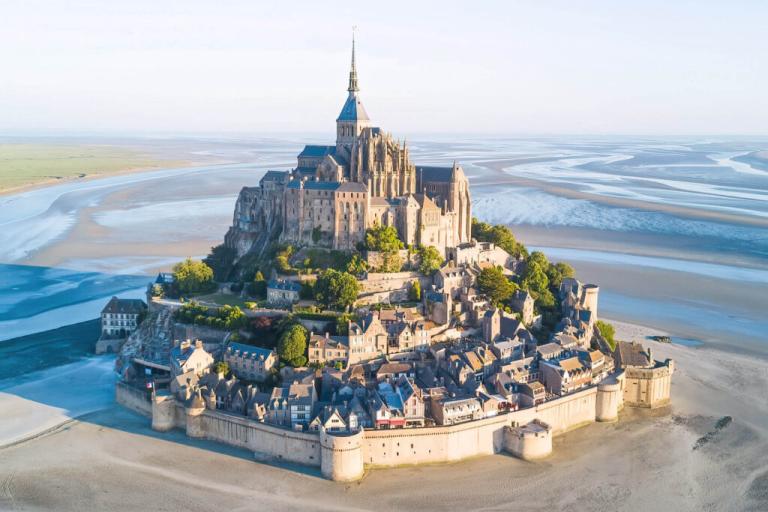
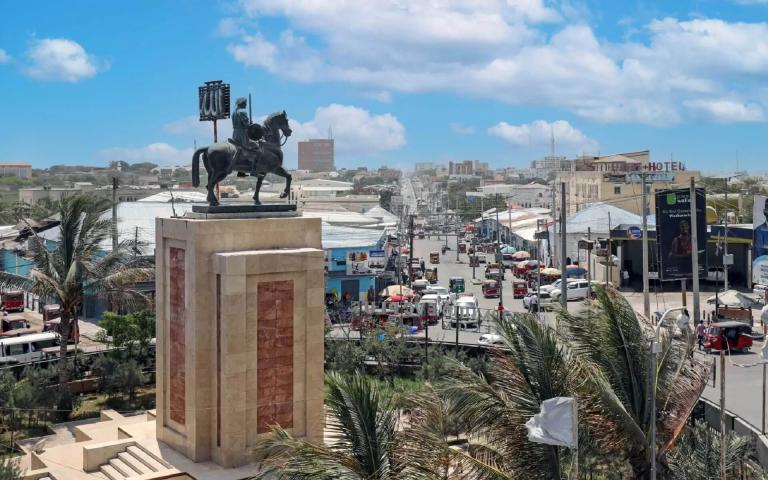
Officially the Federal Republic of Somalia, Somalia is a country with great historical importance and challenging modern issues. Comprising 3,333 kilometers along the Gulf of Aden and the Indian Ocean, this nation, which lies in the Horn of Africa, boasts the longest mainland coastline of any nation on Earth. The strategic position of Somalia has greatly affected its history, culture, and economic possibilities.
Ethiopia borders the nation west; Djibouti borders it northwest; Kenya borders it southwest. Over its history, this geographical location has affected Somalia’s interactions with neighboring nations, producing both cooperation and strife. With a total area of 637,656 square kilometers, Somalia’s terrain is varied with mountains, plains, and plateaus that have affected centuries of people’s way of life and livelihood.
With 18.1 million people, more than 2 million of which reside in the capital and biggest city, Mogadishu, Somalia is home to a population with astonishing homogeneity in its demography. The linguistic scene of the nation reflects this ethnic homogeneity; Somali is the main language, together with Arabic, all of which are official languages. Despite the nation’s political unrest, the shared language and cultural heritage have greatly cultivated a sense of national identity.
Somalia’s religious fabric is closely entwined with its culture and historical story. Of all the Somalis, the great majority follow Sunni Islam. Particularly with the Arab world, with whom Somalia has strong historical and religious ties, this religious homogeneity has had a significant influence on the country’s social norms, legal institutions, and foreign policy.
Ancient civilizations, huge empires, colonial invasions, and contemporary state-building projects all blend together in Somalia’s past. Known as a key economic center in antiquity, the area helped trade between Africa, the Middle East, and outside of Africa. Several significant Somali dynasties emerged to dominate regional trade during the Middle Ages: the Ajuran Sultanate, Adal Sultanate, Imamate of Awsame, and Sultanate of the Geledi. These empires shaped Somali culture and set the foundation for next state creations.
As European colonial powers grew their sway over Africa, the Somali territories underwent significant changes in the late nineteenth century. Italian Somaliland and British Somaliland were created when the area was divided between the Italian and British empires respectively. Colonialism brought new administrative processes and infrastructure that shaped the current Somali state even as it upset established systems of government.
A turning point in Somali history was the joining of the Italian and British areas into the sovereign Republic in 1960. This fresh independence inspired aspirations for a united and prosperous country. But the challenges of nation-building inside a postcolonial context soon became clear. Having led a military coup, Siad Barre founded the Somali Democratic Republic in 1969. Originally popular, Barre’s administration grew progressively dictatorial and faced strong opposition, especially in the north, where it mercilessly quelled the Somaliland War of Independence.
Following the fall of Barre’s rule in 1991, Somalia entered a protracted civil conflict that broke central government and led to the emergence of multiple province administrations and clan-based militias. Somalia’s development and international reputation have suffered over this period of instability and strife. Early in the 2000s, efforts at a functional central government started with the founding of the Transitional National Government (TNG) in 2000 and the Transitional Federal Government (TFG) in 2004.
Along the way to stability, Islamist groups like the Islamic Courts Union (ICU) and their more militant wing, al-Shabaab, have beset challenges. International activities like the US-backed Ethiopian invasion in 2006 and the deployment of the African Union Mission in Somalia (AMISOM) have had a significant impact on recent history and the ongoing struggle for peace and government.
Notwithstanding these challenges, Somalia has advanced in rebuilding its economy and institutions. Establishing a federal system of governance required first the acceptance of a new temporary constitution in 2012. The basis of Somalia’s Federal Government in the same year created a structure for national reconciliation and development projects.
Somalia is at a crossroads today, juggling the fallout from bloodshed against efforts toward peace and development. The nation’s low ratings on international indices such as GDP per capita, Human Development Index, and Fragile States Index clearly show significant developmental challenges. But thanks in great part to livestock, remittances from the Somali diaspora, and a booming telecoms industry, Somalia’s economy is strong.
With attractions ranging from immaculate beaches and waterfalls to mountain ranges and national parks, Somalia’s natural beauty and cultural legacy create chances for tourist growth. Viewpoints into the early history of the nation can be found at sites including the Neolithic rock art-containing Laas Geel caves. Still, security concerns keep undercutting the expansion of travel.
Currency
Founded
Calling code
Population
Area
Official language
Elevation
Time zone
Mogadishu, Somalia's capital and most populated city, exemplifies the rich fabric of East African history and the perseverance of its people. For millennia, this coastal city—known locally as Xamar or…
Home France is recognized for its significant cultural heritage, exceptional cuisine, and attractive landscapes, making it the most visited country in the world. From seeing…

While many of Europe's magnificent cities remain eclipsed by their more well-known counterparts, it is a treasure store of enchanted towns. From the artistic appeal…
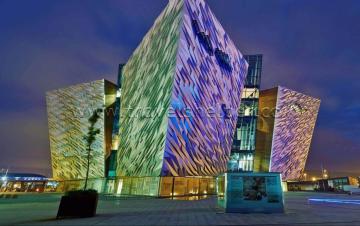
The 7 Wonders of the 21st Century feature amazing successes redefining human creativity and engineering capability. From the calm Temple of Buddha's Origin in Leshan,…
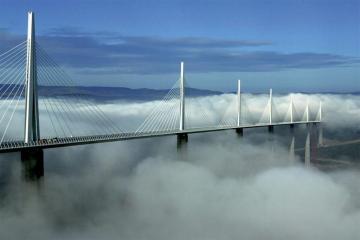
From Alexander the Great's inception to its modern form, the city has stayed a lighthouse of knowledge, variety, and beauty. Its ageless appeal stems from…
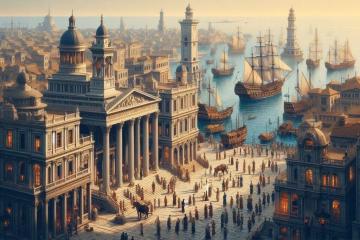
Millions of visitors come to Spain annually because of its vibrant culture, fascinating past, and amazing scenery. Still, the real spirit of Spain is found…

© All Rights Reserved. By Travel S Helper